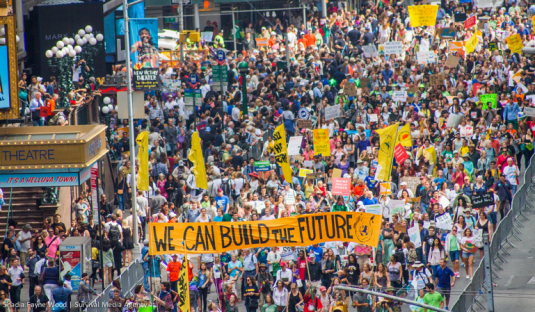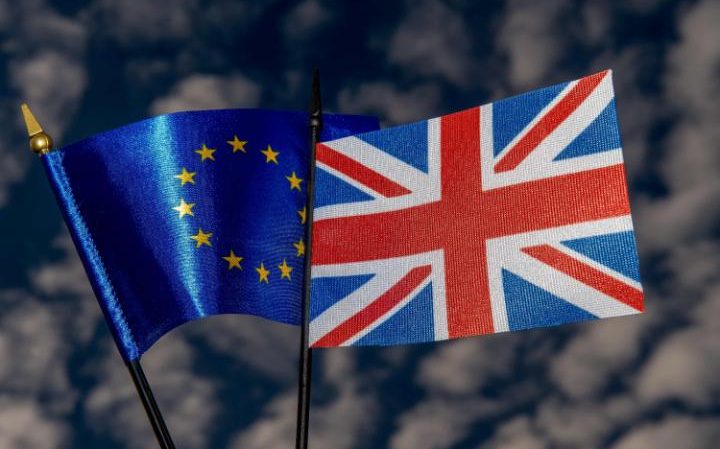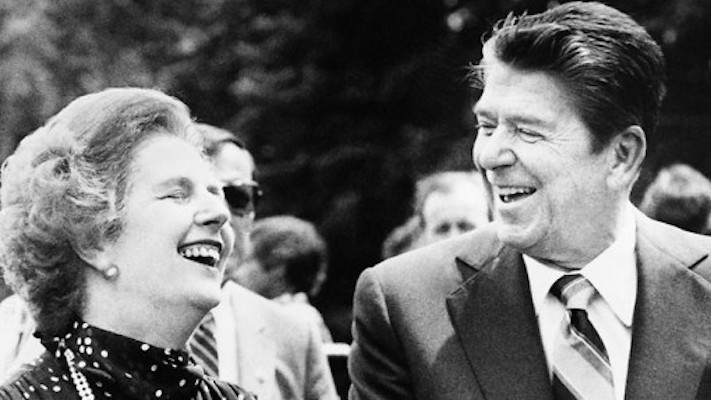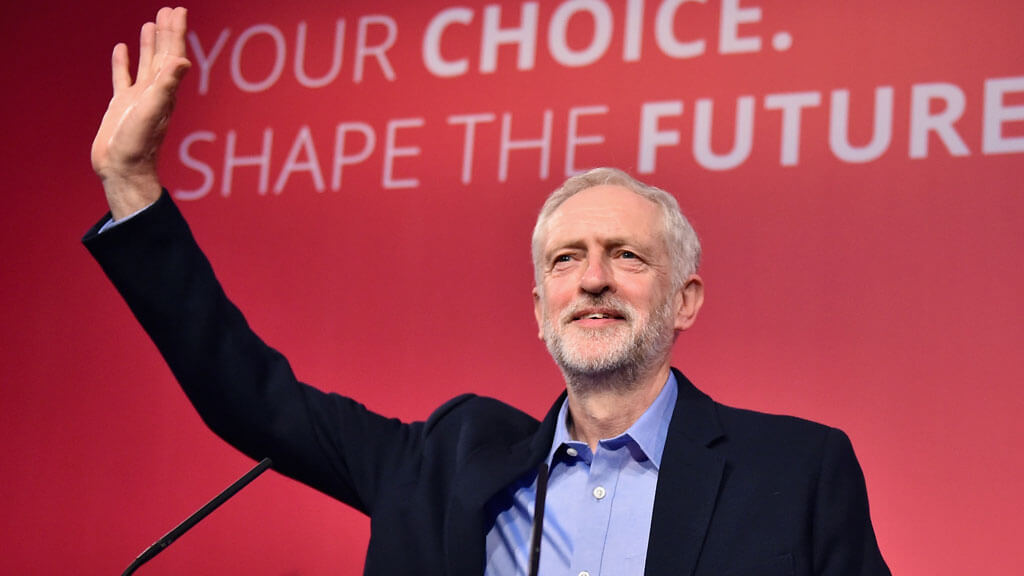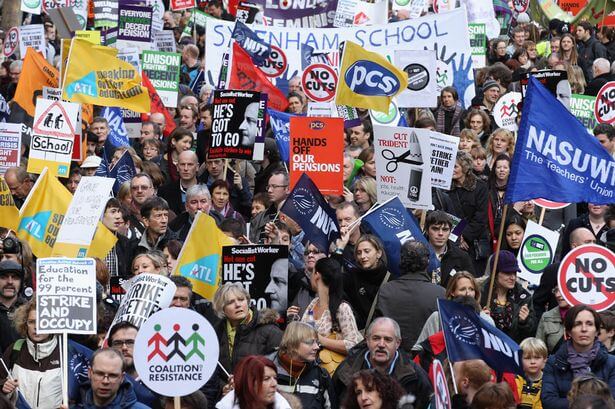There will be few tears shed by trade unionists at Mrs Thatcher’s demise. Indeed in some circles such was the level of hatred engendered towards her there will be celebrations.
Her ideological drive to tear up the post-1945 consensus and privatise our public services, sell-off our nationalised industries and smash trade union rights understandably made her the darling of the right not just here but around the world. But the single-minded determination of the “lady” to drive through her policies without compromise or consideration for the damage she was doing to working class communities will never be forgiven across huge swathes of the country.
It was during the miners’ strike of 1984/85 that we saw Thatcherism at its most powerfully destructive. There was never any economic case to close our mines, many of which had benefited from massive recent public investment to become the most productive modern and safe deep level coal mines in the world. Yet she smashed the collective agreement with the NUMwhich catered for the planned closure of mines that were no longer productive, and announced by virtual decree the mass closure of Britain’s coal mining industry.
It was during the miners’ strike and particularly at the so-called “Battle of Orgreave” (the now closed coking plant in East Sheffield) that we saw for the first time in this country the power of a new right-wing alliance of Tory Government, the media and security forces working together to push through their secret agenda. Many of us were shocked that night to watch on the BBC news the deliberate switch in sequence of the news reels to show the miners throwing rocks at the police before the charge of the police on horseback. In fact of course it was the other way round; a massive and unprecedented police attack on a peaceful picket line in which hundreds of striking miners were seriously injured under horses’ hooves or beaten by police truncheons.
Secret files revealed the true motive – to provoke the powerful NUM into a dispute and defeat them, and thus pave the way for the destruction of the rest of the trade union movement, whom she dubbed “the enemy within”. The price she thought was worth paying: vilification of a powerful and proud trade union the NUM and its strong working class culture in our mining industry; the destruction of scores of mining communities most of which were entirely dependent on coal and to this day are scourged by unemployment, poverty and social problems; the loss of hundreds of years’ worth of natural resources and the integrity of Britain’s energy supply.
The other “price worth paying” was the massive unemployment she created as she blindly followed Milton Freidman’sinfamous “monetarism” mantra. Inflation he said could only be controlled by restricting the money supply and the only tool to do this was interest rates. As interest rates were hiked above 20%, Britain’s manufacturing was driven to the wall leading to mass redundancies and unemployment touching 3 million. Her legacy therefore includes the desolate overgrown industrial wastelands which blight our towns and cities to this day, and the lost skills and prosperity of hard-working working class families across the land.
Thatcher’s legacy also of course includes the most brutal restriction of trade union and employment rights anywhere in the western world. Trades unions were a dirty word under her rule, and an obstacle to progress, “dinosaurs” from another world, and she shamelessly dubbed us “the enemy within”. Not only did she do her utmost to prevent unions from taking legal strike action she also sought to emasculate us politically by denying our right to a political voice. In this way she hoped to destroy the Labour Party by depriving it of trade union funding. Thatcher’s project was indeed the end of democracy. Her adulation of right wing dictators such as Pinochet and PW Botha are often forgotten today. We will never forgive her branding Nelson Mandela a terrorist right up to the end, the sinking of the Belgrano when it was steaming out of the Falklands exclusion zone, her close relationship with Ronald Reagan and their right wing dominance and support for right wing regimes across the world.
Whilst Thatcher’s extreme right wing views are now being “airbrushed out” by the right wing propagandists seeking to elevate her status in British political history, trade unionists in the UK will never forget her jingoism, her militarism and her single minded determination to eliminate all traces of “socialism”, whilst always pandering to the interests of big business capitalism. Her popular election call in 1979 for tax cuts proved to be pennies for the less well-off, but a massive cut in taxes for the rich from a top rate of 83% in 1979 to 40% by 1988. The cut in basic income tax from 33% to 30% was more than offset by the doubling of VAT from 8% to 15%, the most regressive tax in our system which hits working people disproportionately hard.
She hated anything that was owned and provided by the state and instinctively thought “private good, public bad”. In fact her privatisation drive of our utilities (gas, electricity, water) and transport (rail and buses) were disastrous for the economy, for society and especially for working people. The fact that she sold off the “family silver” for a song only added insult to injury. There has never been public support for such policies and opinion polls consistently show British people would support a reversion back to public “not for profit” ownership.
The “right to buy” policy bought her some popularity as it appeared to be aimed at giving something to working people. However by selling off the best council homes on the cheap to existing tenants, she was only seeking the quickest way to offload the nation’s “socialist” housing stock. No new council houses were built of course, and Britain has suffered from an acute rented housing shortage ever since. An increasing reliance on the unscrupulous private landlord sector, has led to appalling standards of housing and severe overcrowding not seen since the 1940’s. What’s more the nation’s housing benefit bill has rocketed to pay for those inflated private sector rents.
Her obsession with a primeval “survival of the fittest” vision of free enterprise capitalism made her the darling of the right but what damage it did. When her policies led to the closure of heavy industry and the loss of hundreds of thousands of jobs, she could always say these were the inefficient enterprises which needed to go to allow the best to flourish. It was not the responsibility of the state to protect and defend those affected. Indeed she shockingly declared “there is no such thing as society” – just a collection of individuals striving to compete and where those who failed had no-one to blame but themselves.
This individualist money grabbing/no responsibility culture was most epitomised by the banking and finance sector which she deregulated. As Britain’s finance sector boomed, Thatcher created the illusion that the loss of our manufacturing base did not matter and that old fashioned industries were giving way to the new. However as we now all know the removal of controls on banks and the encouragement of extreme risk for extreme rewards stored up huge trouble for the future. This unsustainable and irresponsible speculation all came crashing down in 2008. The price we are all paying now for that failure really should be put at Margaret Thatcher’s door.
Thatcher has certainly earned her place in the history books but not as a great leader who carried out the famous words of St Francis of Assisi which she cynically read out on the steps of Downing Street in 1979. She inherited a country which had progressive taxation, good public services, a strong welfare state, a vibrant manufacturing sector but had been damaged by the oil crisis and a major conflict between Callaghan’s administration and the trade unions. She privatised our utilities, our energy, our railways and buses, our airlines, our car factories our steel our coal and much more. She introduced the purchaser/ provider split in the NHS which opened the door to competition – starting a process now nearing completion which has resulted in private companies stealing our NHS. She introduced compulsory competitive tendering in our Local Authorities and openly encouraged private companies to win the bids by smashing workers’ terms and conditions. From being the most equal country in Europe she turned us into the most unequal with unprecedented wealth for the few at the top and poverty and misery for millions of poor households. We now live in a society where virtually our every move is dictated by the profit motive of private companies. Hers was an ideological drive to overturn the left progressive agenda of the post-war years and restore a pre-war neo-liberal vision of unbridled capitalism, freed from “red tape” and workers’ power. Her influence was astonishing – and to our despair extended even to our only political protectors, the Labour Party. For many of us on the left, Tony Blair’s betrayal was epitomised by his own public adulation of the “Iron Lady” and his continuation of her drive to privatise our public services.
Let us not forget her cruelty and divisiveness and the damage and bitterness she wrought which is still felt strongly today across our working class communities. Her refusal to back down to the mass protests over the manifestly unfair community charge or “Poll Tax” eventually brought her own downfall. Even her closest supporters in the Tory Party and the establishment realised she had gone too far, was out of control and had to go. The mad witch image of her created by “Spitting Image” was more than just a laughable cartoon – there was a real bitter truth to it.
There will be few tears here for Margaret Thatcher “milk snatcher”. And considerable anger and frustration at the (almost) state funeral already planned and the weasel words of her wealthy right wing admirers gushing their praises on our TV screens. Make no mistake we are still “Divided Britain” thanks to her and the big business interests she always represented.
Martin Mayer Chair (United Left)
